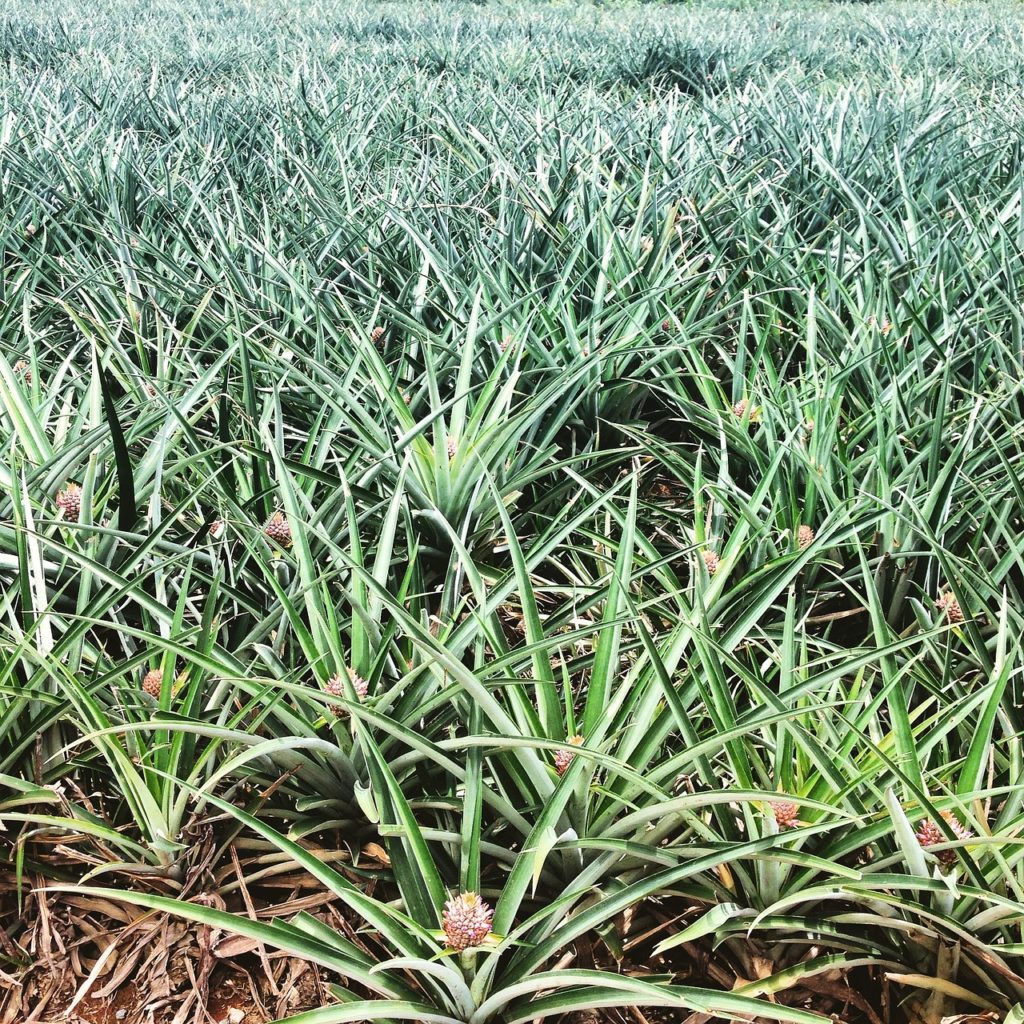Pineapple, a controversial subject in Costa Rica

Pineapple, synonymous with exoticism and sweet flavors, is also at the center of a strong controversy in Costa Rica. Over the past 15 years, the country has become the world’s top pineapple exporter, mainly to the European Union (44%) and the United States (53%). In fact, Costa Rica produces 2.9 tons of pineapple per hectare.
This massive production is not without consequences for the environment. In order to combat diseases and boost production, producers resort to chemical products that are harmful to biodiversity and the health of local populations. Furthermore, pineapple is a monoculture, and it “causes soil erosion, deforestation, loss of biodiversity, and the emergence of diseases like the fly plague that decimates livestock” (Marot, C, 2019).
Consumers also have a say in this matter: “The day Europeans no longer want chemically cultivated pineapples, they won’t buy them anymore, and producing companies will have to adapt to the market” (Marot, C, 2019). The choice is yours, and you can opt to consume organic Costa Rican pineapples!
Caminando Costa Rica supports the production of organic pineapples. More and more small-scale producers are developing this type of cultivation, which is much less harmful to the environment. We collaborate with Finca Súra, a family-owned organic farm located in Chilimate de Sarapiqui, which offers tours while promoting 100% organic farming practices. Here, pineapple production is exclusively dedicated to visitors and guests (they offer accommodations in cabinas). Don Rodolfo, the owner, enjoys showcasing the richness of local crops: pineapples, cocoa, cassava, annatto, turmeric, white pepper, ginger… and introducing you to Reina Matilde, the farm’s pig mascot! The tour naturally ends with a tasting of this delicious fruit or a meal entirely prepared with farm products, culminating in a perfectly ripe pineapple picked right from the field before your eyes!
For a more in-depth look at the topic, we recommend reading C. Marot’s article “Costa Rica, le paradoxe vert,” published in 2019.
